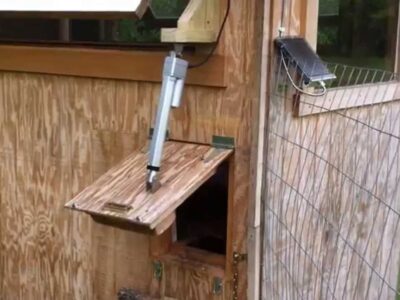Large DIY projects can be both rewarding and challenging, especially when it comes to waste management. Disposing of the waste generated from these projects can be daunting, especially if you’re not familiar with the most efficient and eco-friendly ways to do so. In this article, we’ll take a look at the best ways to manage waste from large DIY projects, including the most efficient methods and strategies that will save you time, money, and hassle.
Plan Ahead
Before you start your DIY project, take some time to plan for waste management. This will help you to avoid any last-minute surprises and make the waste disposal process much smoother. You should consider factors such as the type of waste you’ll generate, the amount of waste, and the most efficient ways to dispose of it.
One effective way to manage waste from your DIY project is to rent a dumpster. Doing a search for “dumpster rental near me” is a convenient and cost-effective way to find a dumpster to help you dispose of large amounts of waste quickly and easily. You can choose the size of the dumpster according to the size of your project, and the rental period according to the length of the project.
Segregate the Waste
Segregating the waste generated from your DIY project is a crucial step in waste management. You should separate recyclable materials from non-recyclable materials and hazardous waste from non-hazardous waste. This will make it easier to dispose of each type of waste in the most appropriate way.
Recycle
Recycling is an excellent way to manage waste from your DIY project. Many materials used in DIY projects, such as wood, metal, and plastic, can be recycled. You can take these materials to your local recycling center, where they will be sorted and processed for reuse.
Hazardous Waste
Hazardous waste, such as chemicals and paint, should be disposed of carefully to avoid any harm to the environment or human health. You can check with your local authorities to find out about the most appropriate ways to dispose of hazardous waste.
Donations
Donating items that are still in good condition is an excellent way to manage waste from your DIY project. You can donate items such as furniture, appliances, and fixtures to charity organizations or sell them online. This not only helps to reduce waste but also benefits others who may be in need of these items.
Reduce Waste
Reducing waste is an effective way to manage waste from your DIY project. You can reduce waste by planning your project carefully, using materials efficiently, and avoiding overbuying. You can also use leftover materials from your project for other DIY projects, which will save you money and reduce waste.
Composting
If you have a garden or yard, composting is an excellent way to manage waste from your DIY project. Composting is the process of decomposing organic waste, such as food scraps and yard waste, to create nutrient-rich soil for your plants. You can use compost as a natural fertilizer for your garden or yard, which will save you money and help to reduce waste.
Managing waste from large DIY projects may seem daunting, but with a little planning and effort, it can be done effectively and efficiently. Rent a dumpster, segregating waste, recycling, donating, reducing waste, composting, and disposing of hazardous waste properly are all effective ways to manage waste from your DIY project. These strategies will not only help to reduce waste but also save you time, money, and hassle. So, the next time you embark on a DIY project, plan ahead for waste management and take the necessary steps to manage waste effectively.














Comments